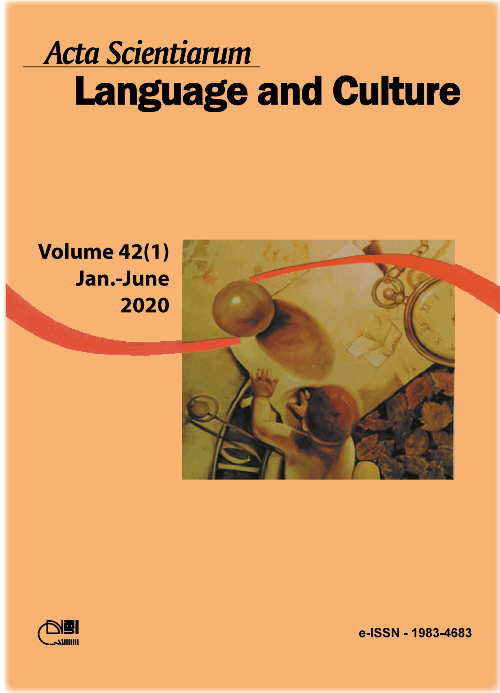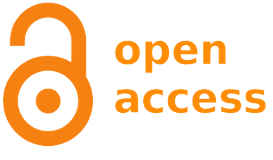Contributions of lexicography to education: comparing definitions in school dictionaries and science magazines
Abstract
Language dictionaries are important works for the lexicon record and their entire repertoire of entries and definitions is constructed through criteria and systematizations. In the school context, these works have been gaining ground as the concern with the teaching of the lexicon increases. The growing concern about the teaching of words and their meanings in specific contexts, in order to avoid decontextualized activities, lists of words and sentences, reflected in the awareness of the important role of dictionaries for teaching and learning. In this paper, we try to highlight some problems entries definitions of four of the nine dictionaries evaluated by PNLD - Dictionaries (Brasil, 2012), having as theoretical principles Lexicography and, more specifically, Pedagogical Lexicography. For comparison, we present some words defined in the journal materials Mundo Estranho (ME), specifically the ‘Perguntas e Respostas’ (Questions and Answers) section, which begin with ‘What’, that fit better with the definitory characteristic of the responses. We hope with this show how science magazines that circulate between individuals of school age may contribute to the formulation of the language settings of the entries.
Downloads
DECLARATION OF ORIGINALITY AND COPYRIGHTS
I Declare that current article is original and has not been submitted for publication, in part or in whole, to any other national or international journal.
The copyrights belong exclusively to the authors. Published content is licensed under Creative Commons Attribution 4.0 (CC BY 4.0) guidelines, which allows sharing (copy and distribution of the material in any medium or format) and adaptation (remix, transform, and build upon the material) for any purpose, even commercially, under the terms of attribution.
Read this link for further information on how to use CC BY 4.0 properly.




















6.png)









